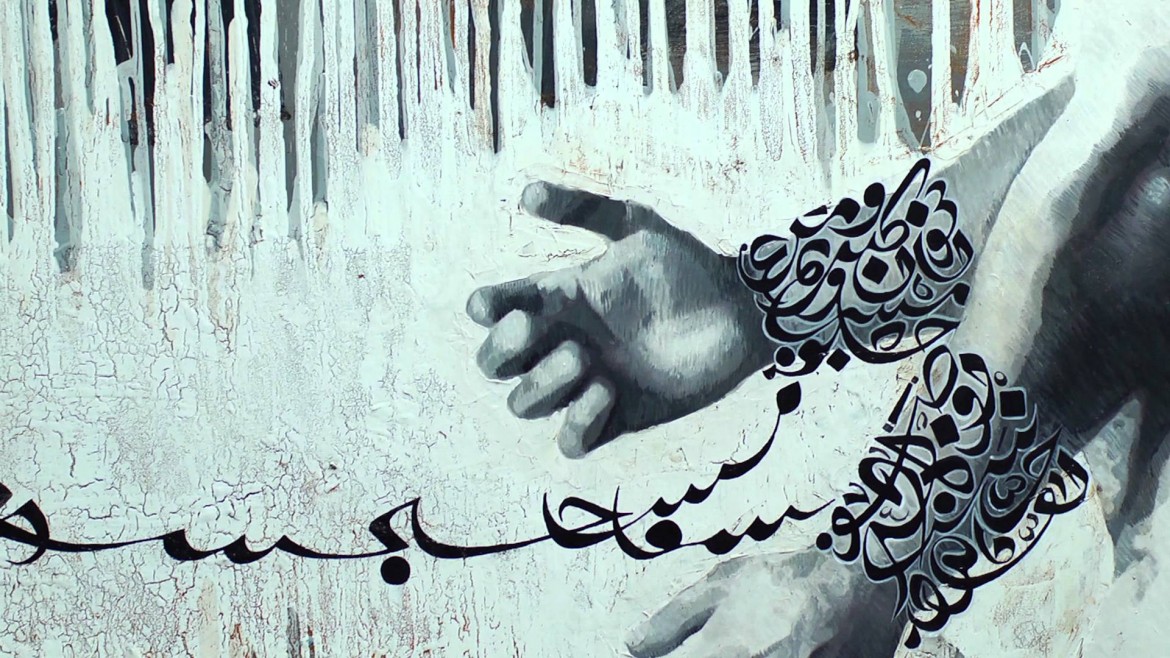Middle East
Iraq keeps a foot in both camps
Powerful Shiite militias want Russian intervention, but Baghdad fears economic punishment from the U.S. Violent demonstrations in Iraqi Kurdistan, Barzani's power wobbles

Thousands of protesters, five dead, 200 wounded.
That’s the score after days of protests in Iraqi Kurdistan against the immortal President Masoud Barzani. His term expired Aug. 20, but elections were never expected: The Ministry of Justice extended his presidency until 2017. It’s a slap in the face to the many Iraqi Kurds who blame him for the region’s economic crisis and want his head.
The salaries of 1 million civil servants have not been paid for three months, and strikes are increasing alongside attacks on the headquarters of Barzani’s party, the Kurdistan Democratic Party. The police reacted with force: Five protesters were killed during clashes in the streets.
The reason behind the crisis must be sought, Barzani says, in Baghdad. Erbil, the capital of Iraqi Kurdistan, has been taking advantage of the advance of ISIS by selling oil independently for months, in violation of agreements with the central government. Baghdad reacted by refusing to send state funding. With oil prices falling, exports are no longer enough. While Europe and the US priorities now are on other issues in the region.
Chaos reigns in the halls of the ruling party: The National Iraqi Alliance and Prime Minister Haider al-Abadi are under pressure to seek Russian air strikes against ISIS. Iraqi Shiites want to strengthen the country’s membership in a Shiite axis led by Iran and supported by Moscow, which are now waging the battle against the caliphate.
The greatest pressure comes from the militias on the ground (Badr Brigades, Ahrar al-Haq, Kata’ib Hezbollah), which are producing much more substantial results than those of the Iraqi army. Their 100,000 militiamen are unofficially running the Defence Ministry, giving direct orders to at least one of the five units of the army.
The Sunni factions, however, see a Russian intervention as a further weakening of their position in the future of Iraq, already seriously diminished since the U.S. invasion. In the post-Saddam Iraq, the White House has marginalized the Sunni community, purging its institutions and army of Saddam loyalists. It was a grave error: Many of them defected to a resurgent al-Qaeda.
These same Sunnis today see ISIS as a new opportunity to get out of the corner they’ve been relegated to. A good number of Sunnis support ISIS occupying their communities, and a few former members of the Baath party have entered the ranks of the caliphate to use it as a crowbar to undermine Shiite authoritarianism.
These days, sectarian polarization passes for global equilibrium.
Al-Abadi is squeezed between Shiite demands for greater Russian involvement (and even strong pressure from Tehran, whose Revolutionary Guard steers Shiite militias) and the desire to maintain Iraq’s alliance with the United States. It’s not feckless loyalty to the White House, but rather fear of retribution: Washington has spent $20 billion in Iraq in 12 years and has the power to close IMF coffers. If Baghdad opened its skies to Russian jets, it would likely mean a reduction in international funding.
Again, the U.S. is blind. Stubbornly ignoring the Shiite militias (like it ignored Assad in Syria and Russian military coordination) will likely lead to a different Middle East than the one it wants.
Originally published at http://www.ilmanifesto.info/liraq-tiene-il-piede-in-due-staffe/ on 2015-10-23
